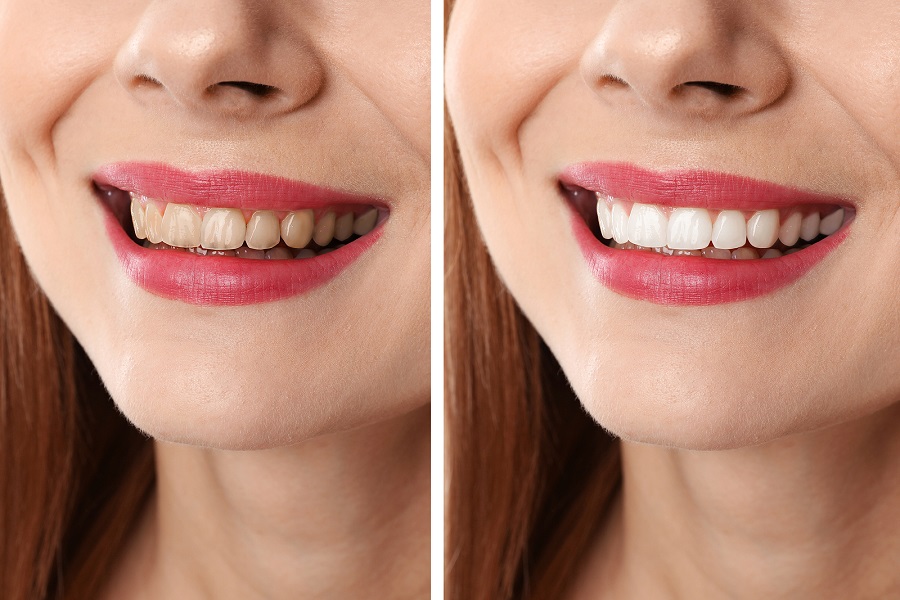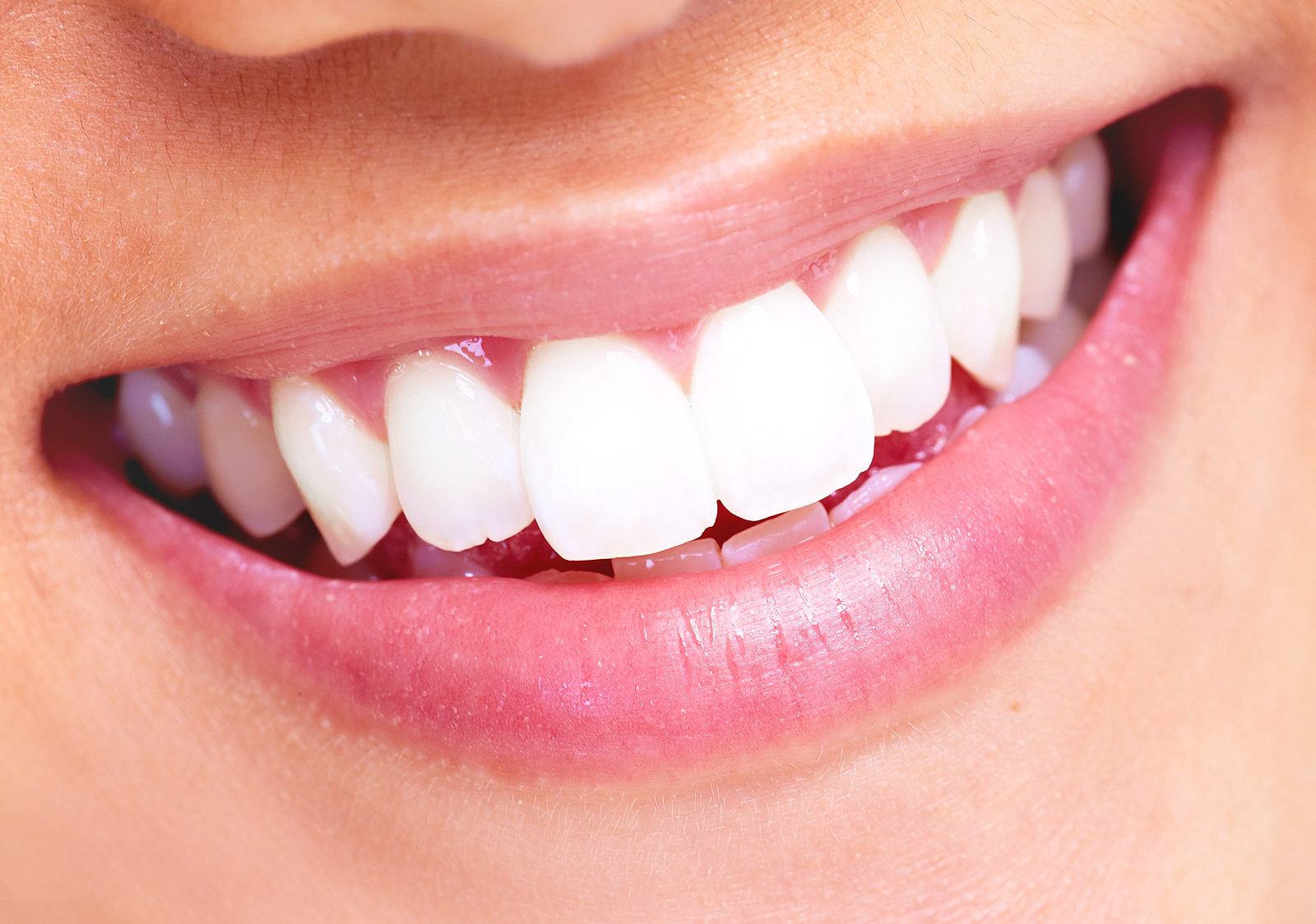Toothache: Causes, Symptoms, Prevention, And Treatment
A toothache, also known as odontalgia, is a pain in or around a tooth. It is one of the most common reasons for people to visit a dentist. A toothache is associated with an oral health problem, such as an abscess, dental cavity, or gum disease. A toothache can also be caused by other factors, such as disease or injury.
Causes of Toothache
A toothache can be caused by a cavity, cracked tooth, abscess, gum disease, or exposed tooth root. Toothache can also be the result of trauma to the mouth, tooth grinding, or an improper bite. You may also experience toothache from an injury or biting down too hard on your cheek or tongue.
Symptoms of A Toothache
A toothache can be debilitating and can cause discomfort and pain. Pain from a toothache ranges from mild to severe. If left untreated, a toothache can lead to a severe infection. If an infection is left untreated, it can lead to tooth loss.
If you are experiencing a toothache, you may experience:
- pain when chewing food
- pain when biting down
- pain when your tooth is exposed to heat or cold
- pain when your tooth is exposed to pressure
- pain when touching the exposed tooth
- Bad breath
- Fever
Managing Toothache At Home
Over-the-counter pain relievers, such as acetaminophen or ibuprofen, can temporarily relieve toothache pain. However, analgesics will not clear up an infection and will not prevent future infections. Toothaches can also be relieved by rinsing the mouth with warm salt water. If pain persists, the dental office should be contacted as soon as possible.
Treatments For Toothache
Treating a toothache involves a trip to the dentist. The dentist will first examine the teeth and take any necessary X-rays to determine the cause. The cause of a toothache will determine the proper treatment. The dentist may prescribe antibiotics or pain medications or may perform an extraction or root canal.
For example, if the root of the tooth is exposed, the dentist will gently place a dental filling in the affected area. If the pain is caused by a cavity, the dentist will clean out and fill the cavity. If the patient has a severe dental infection, antibiotics may be given to treat the abscess, followed by a root canal treatment. If bruxism causes tooth pain, a mouthguard will be recommended.
Toothache - Prevention Tips
There are a number of ways to prevent toothache. Here are a few tips:
- Brush your teeth twice a day
- Floss your teeth once a day
- Go to the dental appointment every six months
- Avoid chewing on hard items like ice or fingernails
- Eat healthy foods
- Avoid sugary foods and drinks
- Avoid tobacco
- Use mouth guards while playing sports
- Use night guards if you grind teeth at night
To learn more, visit Biltmore Commons Dental Care. You can schedule an appointment with us by calling (602) 249-2227.






















0 comments